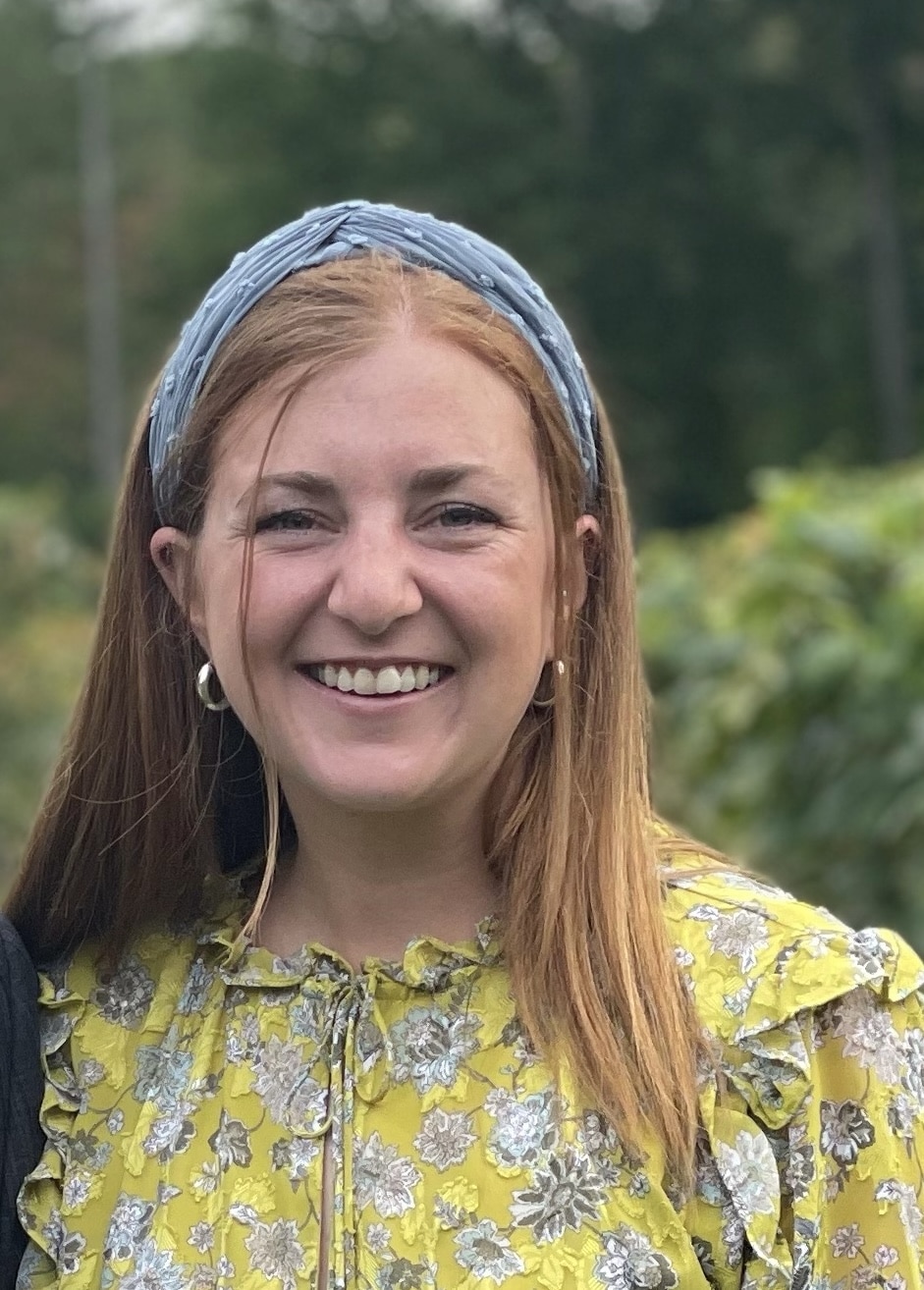Taylor McAndrew.
Reminder Publishing submitted photo
NORTHAMPTON — Mayor Gina-Louise Sciarra and the Department of Health and Human Services recently announced that Taylor McAndrew will be the DHHS prevention team director.
In this role McAndrew will oversee the comprehensive efforts of the DHHS Prevention Team, whose overarching goal is to decrease the risk of substance use in the community through programs and activities that are equitable and address root causes, reduce harm, promote wellness and save lives.
“I’m really proud to be working on behalf of the Department of Health and Human Services, and more specifically our prevention team,” McAndrew said. “Our mission is to build a transformative system, engaging in harm reduction and elevating the critical perspective of community members with different lived experiences. I look forward to collaborating with our dedicated team and community partners to achieve these shared goals.”
McAndrew has been serving as the Hampshire HOPE coordinator with the DHHS since July 2022 and has over seven years of experience in public health. She also holds a master’s degree in public health from the University of Massachusetts Amherst.
According to the city, McAndrew brings a deep commitment to harm reduction and substance misuse efforts and has been instrumental in developing effective prevention strategies and programs.
“We are thrilled to have Taylor McAndrew step into the role of Prevention Team director,” said DHHS Health Commissioner Merridith O’Leary. “Taylor has demonstrated exceptional leadership as the Hampshire HOPE coordinator, leading our work on opioid settlements and bringing a wealth of experience in public health and community prevention.”
McAndrew said that one of her goals in the new position is to help reframe the community’s perspective on “prevention.”
“Sometimes this can bring about negative feelings, or those associated with shame or guilt,” McAndrew said. “However, the work we’re doing is the opposite. Our program values are rooted in compassion, destigmatization and meeting people where they’re at; it’s about empowerment in decision making.”
According to McAndrew, there are many programs that are already making a difference in the substance use prevention realm. She named the Hampshire HOPE Coalition and Drug Addiction Recovery Team as two major initiatives under the DHHS Prevention Team that are combating the crisis on a regional level.
Hampshire HOPE is a multi-stakeholder coalition that is focused on the impacts of opioid misuse in our community, and DART is a post-overdose follow-up program that provides a route for public safety and trained community responders to provide connections to individuals, as well as family and friends, relation to treatment, harm reduction and recovery resources.
McAndrew also noted the importance of the Northampton Youth Health Coalition and an initiative called Opioid Abatement Funds as crucial forces in the community.
The latter initiative stems from Massachusetts attorney general legal settlements with pharmaceutical companies and manufacturers. According to McAndrew, each Massachusetts community is receiving a preset amount of funding over the next decade, and then the communities will collect input from its residents to help figure out how they can appropriately allocate the funding based on the unique needs of a city.
“We’re still at the beginning stages, but the ball has been set in motion with a survey that collected over 440 responses from across Hampshire County to help prioritize strategies,” McAndrew said of the initiative.
McAndrew explained that the city has been a longtime leader in promoting and prioritizing harm reduction thanks to the help of community partners like Manna Community Kitchen, Tapestry Health and Northampton Recovery Center.
She commended local leaders for taking a public health and equity lens when approaching harm reduction and substance use prevention and stated that a goal of hers is to continue to improve how the city’s programming is received across the region.
“What works in one community may not be a one-size-fits-all across the county, and so we have to be adaptable to make sure individuals can receive support and connections despite unique challenges they may face,” she said.



